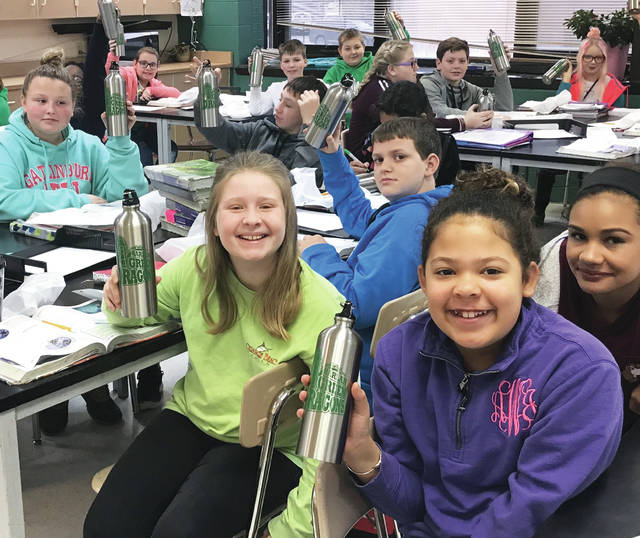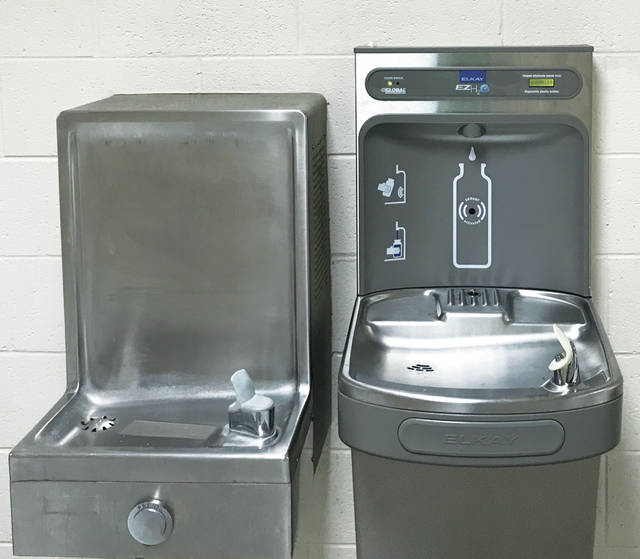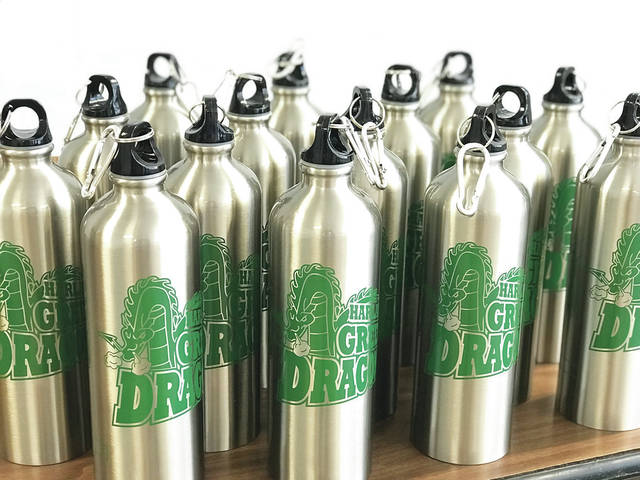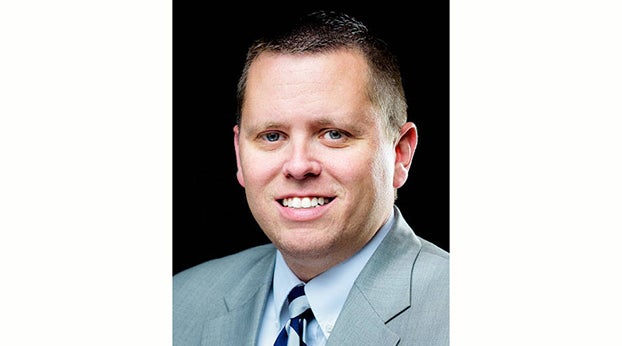H2GO project kicks off at Harlan Independent
Published 10:27 am Tuesday, January 30, 2018
]Through a partnership with the University of Kentucky’s Appalachians Together Restoring the Eating Environment (Appal-TREE) project students at Harlan Middle and High School have increased access to clean, filtered water.
The Appal-TREE Project, is a joint community-university research and demonstration project to increase access to healthy foods in eastern Kentucky.
The program installed new filtered water bottle refilling stations at the middle and high schools and distributed reusable stainless-steel water bottles to all students and staff at those schools. Fountains maintain a record of water usage at each school and students complete a baseline and annual survey in order to track usage.
Deborah Sexton, Harlan County field director, visited classrooms in both schools to distribute Green Dragon branded water bottle to every student and staff member and encouraged water consumption and exercise.
Sexton emphasized the important of drinking water and exercise to students stating, “The Center for Disease Control advocates that increased water consumption and exercise can have long lasting positive effects on your health.”
With an investment of more than $7,000 in the school community, Superintendent Charles Morton expressed his gratitude for the partnership and concern for the health of students.
Morton commented, “We are very thankful for this program and to join together in this endeavor to help promote healthy habits for our students. The students have been really excited to get their water bottles and to start using the new water fountains.”
Morton added, “Eastern Kentucky has a serious health problem and the timing of our Appal-TREE partnership couldn’t have been better. It will have to be a sustained joint effort to help our students improve their health. We have some of the highest smoking, cancer, obesity, and overall poor health rates in the entire nation and unless we work to change that, the quality of life we can expect in the future will suffer.”







